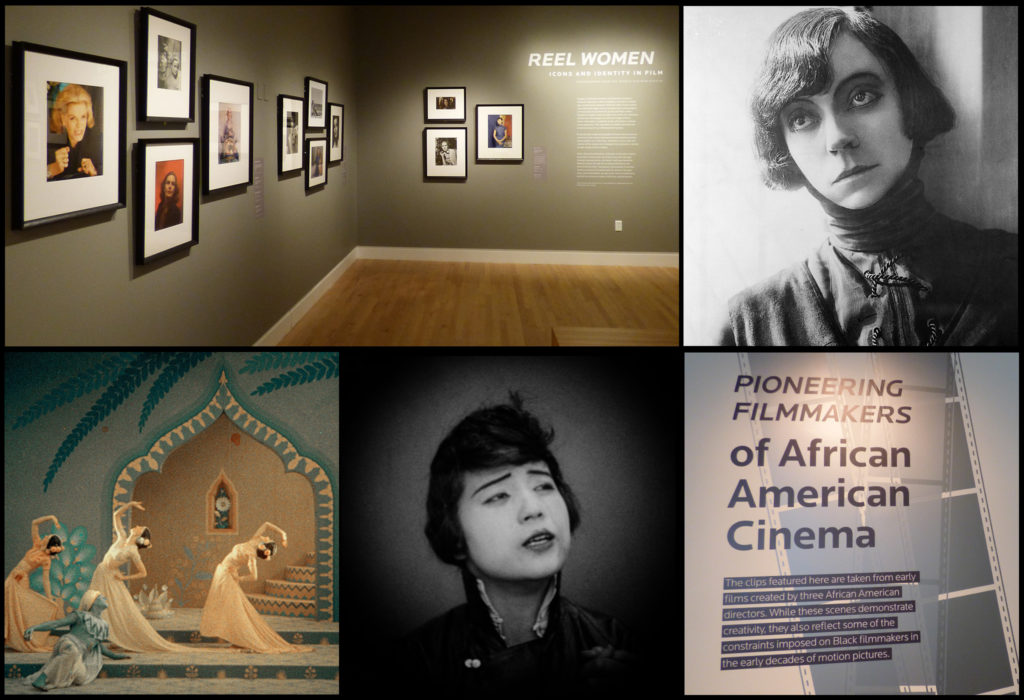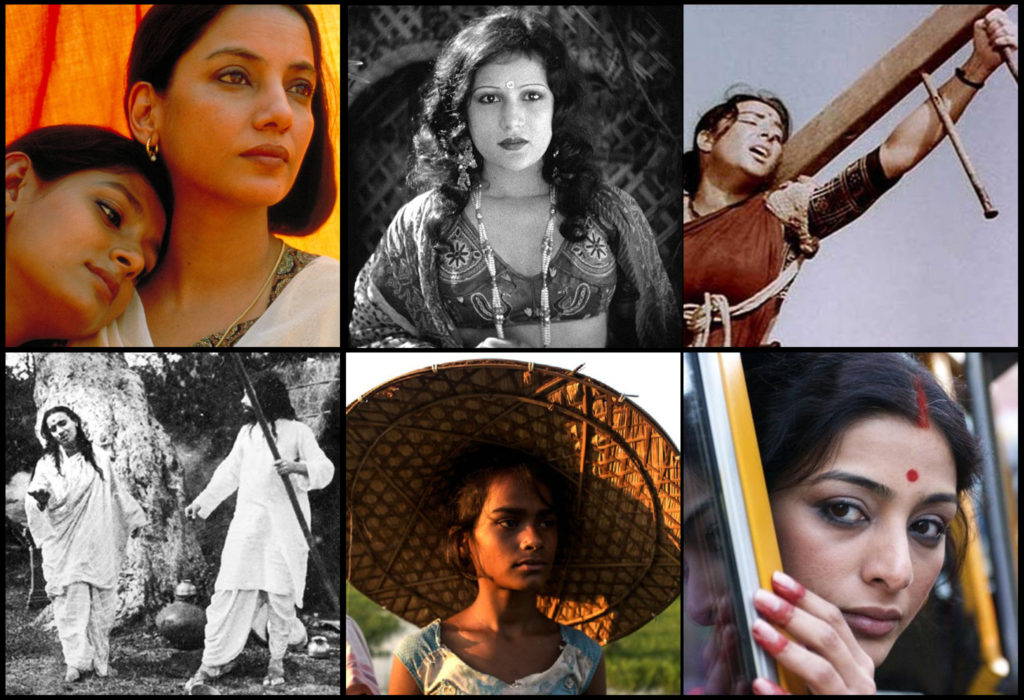In each of the previous five years of the Bentonville Film Festival, experiences have been created that acknowledged barrier-breaking pioneers who paved the way to advance the premise that women and diversity needed a greater voice in the film industry. There have been two exhibitions at Crystal Bridges Museum of American Art, an immersive video experience, multiple screenings of silent films with live accompaniment, panel discussions, and more. The focus areas included pioneering female, LGBTQ, and African-American filmmakers.

The Project 2020
A group of students at The University of Arkansas first began work with BFF in 2019 creating a project entitled Pioneering Female Filmmakers. This powerful work showcased diversity and the strength of women in cinema throughout the years. Along the way they learned about the amazing women who helped establish various aspects of early filmmaking. They worked over the span of five months researching and studying film with weekly meetings. This was an opportunity for all of those involved to understand the persistence and hard work these women displayed to achieve their vision in film. An outcome for these students was an enhanced view on the importance of the inspiring role women have contributed to film.
The 2020 student team truly embodied the diversity and inclusion mission of BFF – Chenwei from China, Ketaki from India, Paulina from Poland, and Sydney from the United States. Even in the midst of a global pandemic, they met virtually with their professor advisors over many months to ensure that an acknowledgement of early voices remained an important part of BFF.

For BFF 2020, the students wanted to explore filmmakers in other cultures and began a new effort turning their lens to a video of iconic women of India entitled “Barrier-Breaking Women in Indian Cinema.”
India is the largest producer of films and since the early days of Indian cinema women have had to fight for greater access, and they continue to do so. After watching the iconic 1957 film, Mother India, the team was motivated to show the strength within the women of the Indian film industry. During their research, they found a declaration from 1954 signed by 13,000 women. The objective was to change the portrayal of women in films. At the time this was mostly as temptresses and women of low moral standards. After 1954, women made progress in the industry. The team identified six films spanning 100+ years of Indian films to illustrate the journey of that progress.
The Films

Each of these films were chosen as a representation of the hardworking women in Indian cinema over time.
- Raja Harishchandra (1913) was one of the first films where because of its betrayal of exposing women on screen, actresses took a stance to not sway from their cultural values of feminine modesty.
- A Throw of Dice (1929) was a revolutionary film because it provided autonomy and independence to women in feature film. The film showed an honest and accurate portrayal of women instead of the cliche damsel in distress or seductress.
- Mother India (1957) captures real struggles of a woman’s inequality in society and the amount of adversity she must overcome to protect her family. The female protagonist is seen as a relatable figure to female audiences who have gone through similar experiences.
- Fire (1996) is a movie which broke through barriers. In 1996 the LBGTQ community was far from being as respected as it is today. This film demonstrates that anyone has the right to love who they want to love and the bravery of two women who fought against the odds to be together. Overall, the film is a milestone in the movie industry in its entirety because of its determination to talk about a topic too many were opposed to change and the film being directed by a woman, Deepa Mehta.
- The Namesake (2006) brought together several women for this project and their efforts with the film highlight how women are just as capable as men of great storytelling. The Namesake brings together two cultures and speaks about the struggles of first-generation immigrants from India to the United States. This topic is still ongoing in American society now more than ever and we wanted to talk about this film because of its message that needs to be heard.
- Village Rockstar (2017), directed by Rima Das, is a story focusing on gender roles and friendships between a group of pre-teenagers. This film explores the daily struggles of rural life and the dynamic between the young protagonist Dhunu and her dreams of forming a rock band with her brother and a group of friends that are all boys.
Please enjoy the video created by an amazing group of students that tells an important story – Barrier-Breaking Women in Indian Cinema.